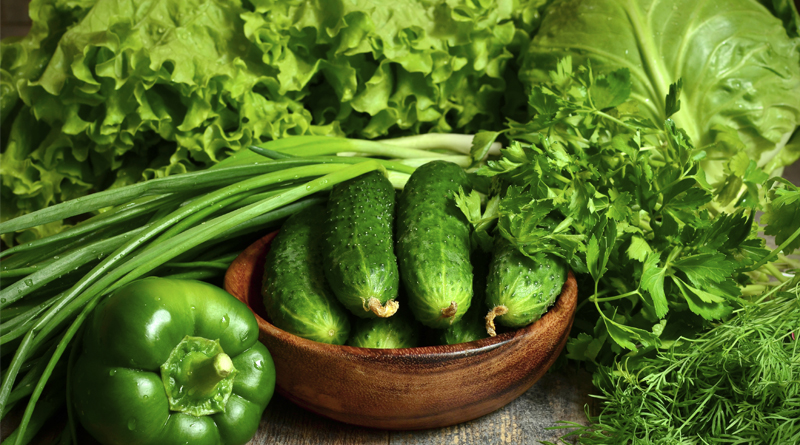Vitamin K is a fat soluble vitamin commonly found notably in leafy green vegetables, grass-fed cheese and butter. Widely known for playing an integral role in the blood clotting process, more recent research now suggests that vitamin K may also have a critical role in bone health. Studies suggest that this nutrient plays an integral role in increasing bone strength and reducing risk of fracture, according to a release by the Institute for Better Bone Health.
Vitamin K is produced by certain bacteria in the intestines, but not at a sufficient rate to maintain healthy levels. The majority of vitamin K is obtained through diet, from leafy green vegetables, such as spinach, lettuce, kale and Brussels sprouts, as well as from dairy products and animal fats. Stores of the nutrient in the vitamin are inadequate and easily depleted without regular intake. To top it off, determining levels within the body can be confusing.
According to Medical News Bulletin, “Vitamin K acts as a co-factor of an enzyme that carboxylates proteins in the bone forming pathway. Carboxylation promotes bone mineralization, whereas decarboxylation limits calcium and hydroxyapatite binding, which makes up a large percentage of healthy human bone. VK may also have a transcriptional regulatory role in promoting bone formation and suppressing bone resorption.”
It appears that vitamin K is associated with the stimulation of bone formation and increase in bone mass density. There also seems to be a negative correlation with bone deterioration and risk of fracture.
However, this data is based on studies that have several limitations, including: “small sample sizes, lack of differentiation between pre- and post-menopausal women, low geographical variability, potentially inaccurate self-reporting, and unclear estimations.”
For a more accurate picture of vitamin K’s role in bone health, more comprehensive studies are needed. However, it is safe to say that consuming more natural whole-food sources of vitamin K can only be beneficial for your bone health.
Recently, the European Food Safety Authority (EFSA) decided to maintain the dietary reference values (DRVs) for vitamin K set in 1993, which define daily adequate intakes (AIs) for vitamin K as follows:
10 mg for infants aged 7-11 months.
12 mg for children aged 1-3 years.
20 mg for children aged 4-6.
30 mg for children aged 7-10.
45 mg for children aged 11-14.
65 mg for adolescents aged 15-17 and
70 mg for adults including pregnant and lactating women.
Source: Nutrition Insight







